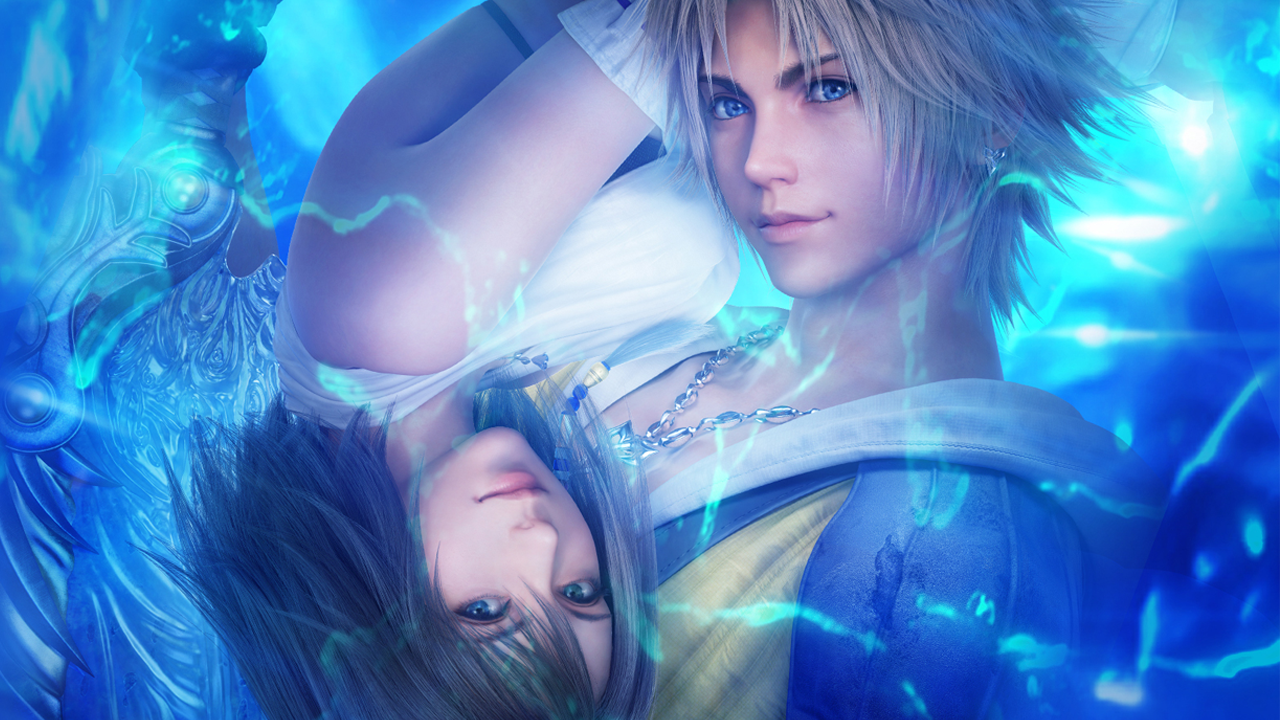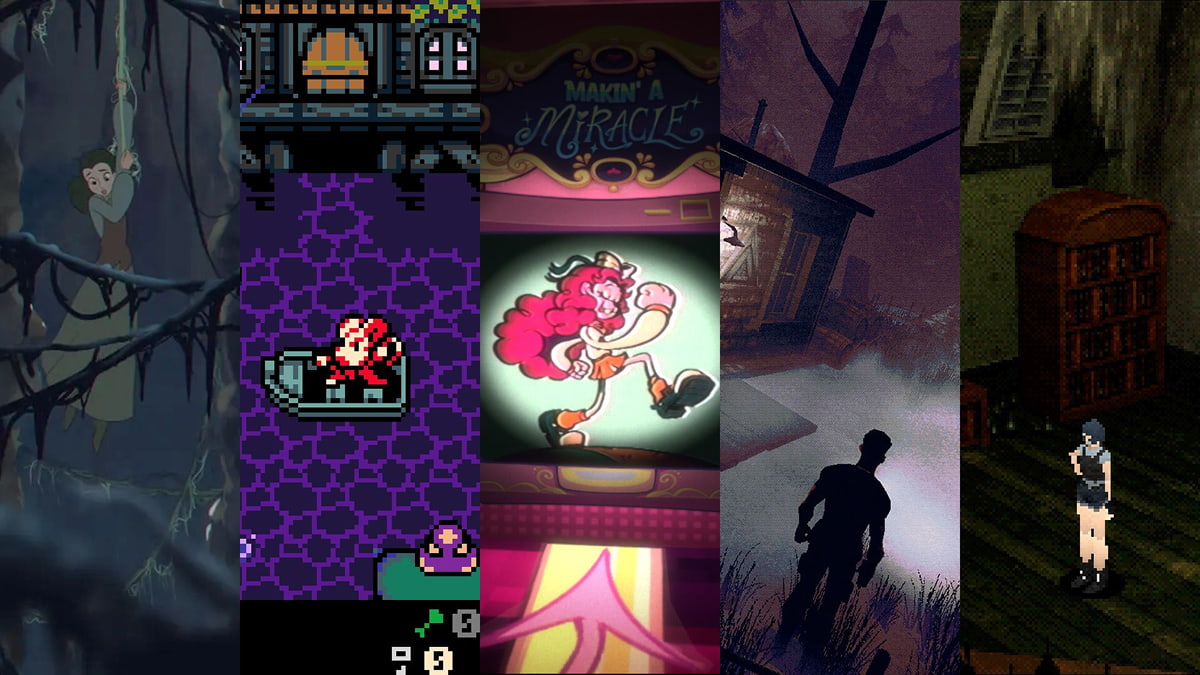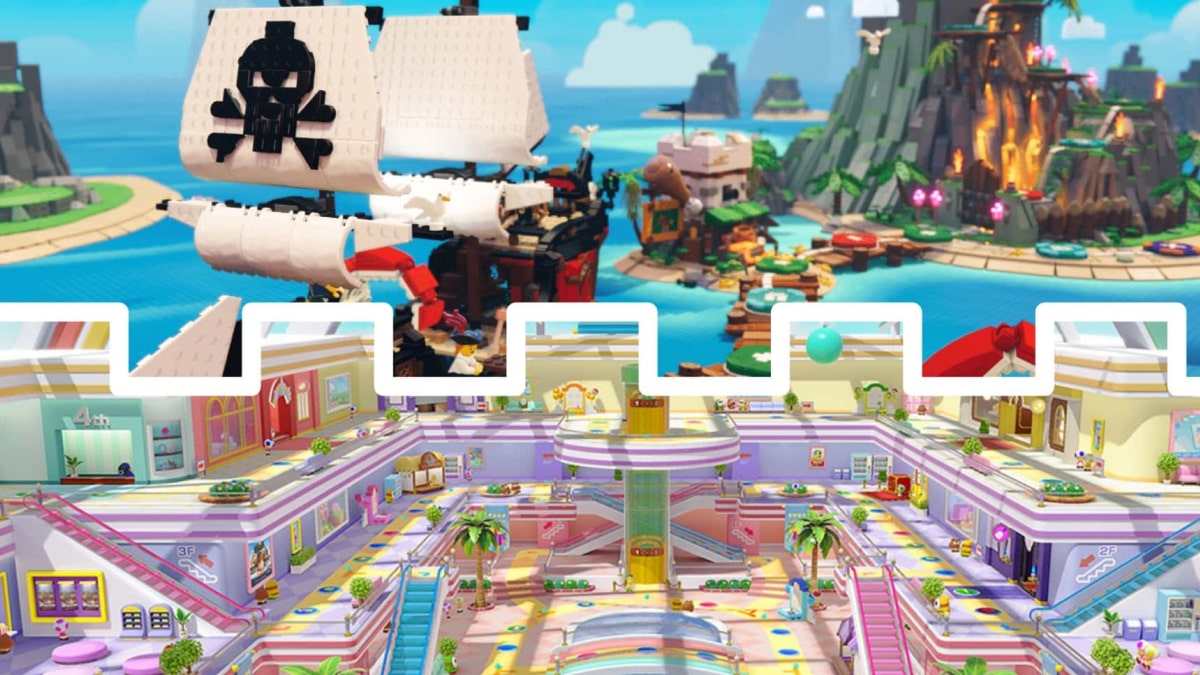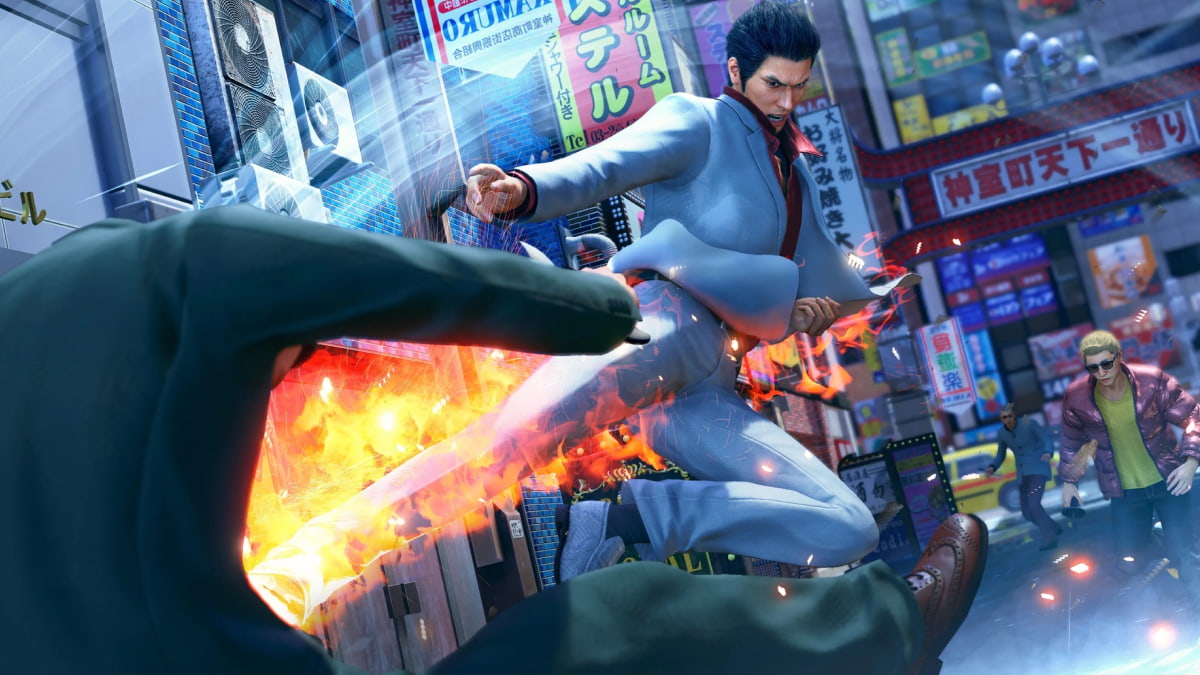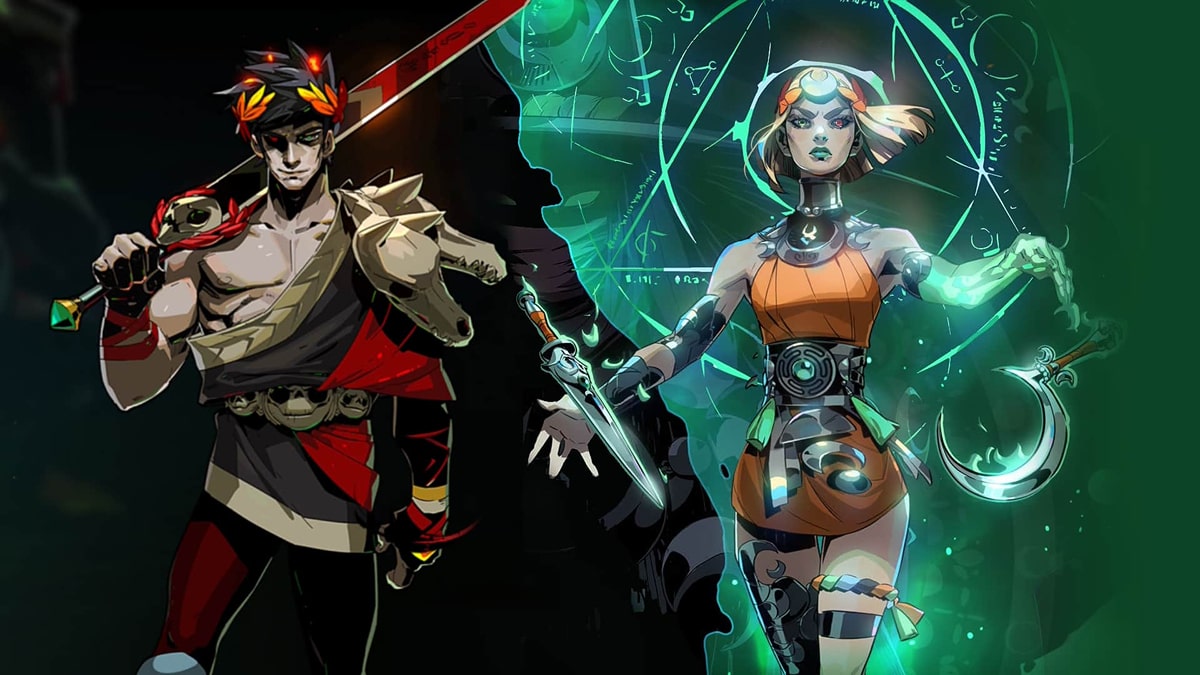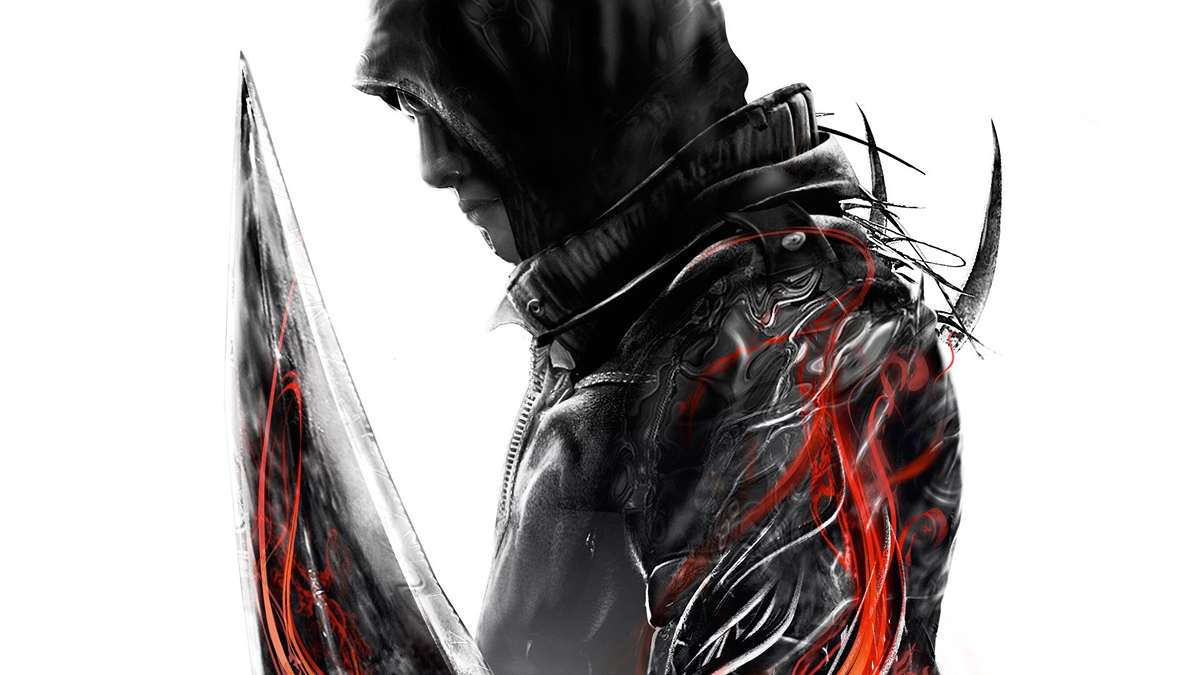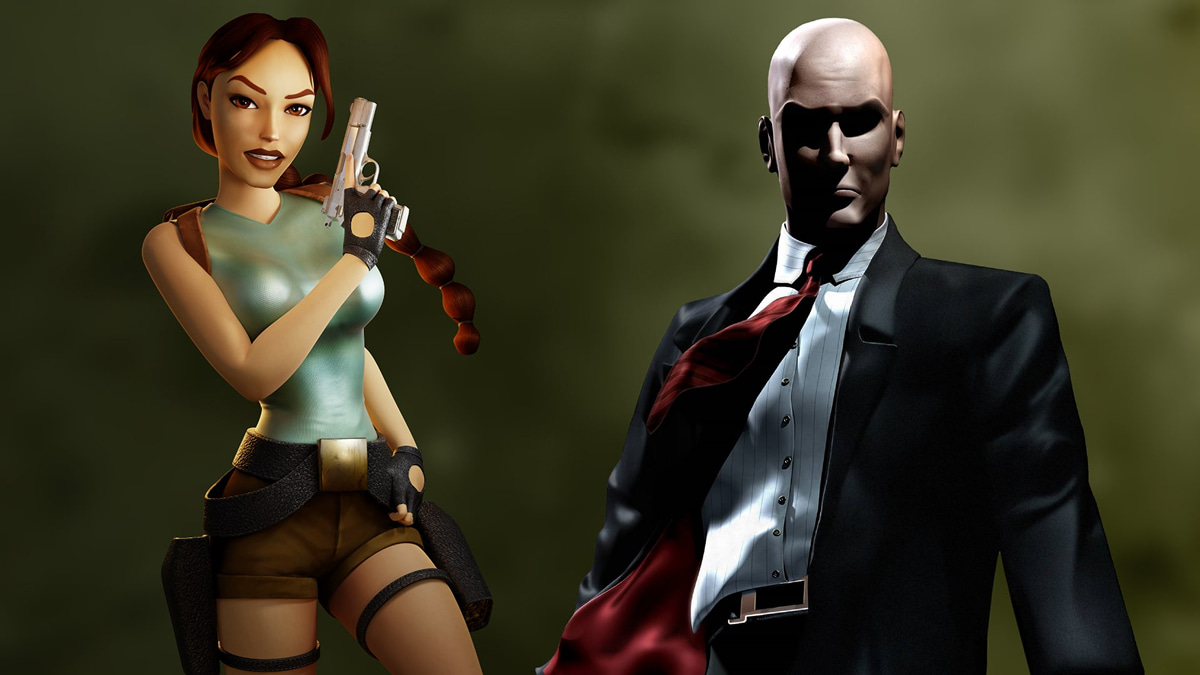You can trust VideoGamer. Our team of gaming experts spend hours testing and reviewing the latest games, to ensure you're reading the most comprehensive guide possible. Rest assured, all imagery and advice is unique and original. Check out how we test and review games here
Websters defines the term ‘analytical awakening’ as ‘error, search term not found’, but I prefer to think of it as ‘the start of critical awareness’. It’s the moment in which a young child ceases to be and the smug, self-satisfied critic takes their place. Among writers, no event is more sacred, for this is ‘ShamShala’, and it is cause for much rejoicing.
For me, this occurred at the tender age of 11. Hitherto obsessed by the vivid colours and unnatural whimsy of TV’s Pokémon, I became suddenly and uncomfortably aware of the series’ deep and numerous flaws. Why were these episodes all so alike? What compelled one character to freeze up as another talked, and for what heinous crime had Brock lost both his eyes? Upon returning to school, I tried hard to convince my friends of these new and compelling opinions. Some seemed open to them. Others refused to believe. The fools…
It was from this moment – give or take eight or nine years – that I knew I was destined to be a critic, to pour scorn on the enjoyment of others, then take massive offense when they did the same. Well no, not really, though I would try very hard to rationalise my enjoyment, and to dismiss, where possible, any opinion based solely on emotion. “Surely this was the critical path”, I told myself – to put aside my personal feelings, like a plaid-shirted, bespectacled Jedi. Then, something happened that I didn’t expect. A childhood sweetheart – Square’s Final Fantasy X, re-appeared on the horizon as part of a glorious next-gen remaster.
/https://oimg.videogamer.com/images/ddbb/e1c8b550-5c21-4cab-ac89-790f2ea060f4_Final_Fantasy_X_Wakka.png)
At first, I was excited, then dismayed as I discovered the botched plastic surgery performed on each of the character’s faces. Tidus, for instance, now looked like a living week-old cheese string, while Yuna had lost what subtle emotions remained to her. Not to be beaten however, I decided to boot up my old PS2 copy and replay the entire, much-loved original.
Now, to be clear, I knew going in that the game would never feel quite as revelatory or breathtaking as it had in the past, nor would its graphics stand up to the same level of scrutiny. Yet, even so, I still found the experience to be just a little disappointing. For the very first time I could truly acknowledge many of the game’s flaws, just as its critics had well over a decade before. The title’s battle mechanics, for instance were far more simplistic than I’d remembered them. Likewise its travel system – to say nothing of those achingly drawn-out ‘puzzle rooms’. I soon realised to my dismay that my love of the game was – and always had been – based on a purely emotional connection.
Much as I had with The US Office, I’d inadvertently forgiven many of the product’s weaker elements as a direct consequence of the strength and resonance of the game’s central love plot. Tidus and Yuna were embroiled in a tale as old as time. Boy meets girl, boy likes girl, girl must sacrifice herself to a genocidal whale beast, who just happens to be the boy’s father. So far so standard, right? It hooked me, hard – and to the exclusion of all other criticism.
/https://oimg.videogamer.com/images/0258/5915fcde-0268-4f64-9db5-fb2227c512d9_The_Last_Guardian.png)
Of course, I’d never proclaimed the game to be the second coming. Nor did I blast someone for simply disagreeing with me, though I did remain convinced of the game’s unassailable greatness. I still am, to a certain extent, just now with a few added caveats. This then was my second, and most important ‘critical awakening’ – the realisation that no matter how hard you try, emotional reactions will always seep in, and when it comes to a series like Final Fantasy, emotional resonance plays a far larger part than most.
That’s why when I read about some of the early criticisms of Final Fantasy XV, I’m not quite sure what to think. This is a game that in keeping with franchise tradition, places its greatest emphasis on establishing a sense of place, then telling an emotionally-resonant story within it. And on those terms – the terms you suspect the franchise wishes to be judged on most – it appears the game has been a soaring success. When viewed as a more complete package however – or rather as a collection of interlocking mechanics – small cracks do start to appear. This is a flawed experience, with strengths and weaknesses that are likely to change based on the player’s own wants and needs.
The same could be said of many games, in particular those produced by Team Ico. The Last Guardian, for instance came up against a number of such issues — of reviewers attempting to marry their massive love of Trico with what could be considered rather antiquated design. My point here is that when it comes to both art and entertainment, an emotionally-driven review can in some ways be just as valid an interpretation as any born of cold empirical detachment. That’s something we ought to remember when looking at reviews, that the person writing said critique isn’t a machine or somehow representative of the hive-mind, even where they might want you to think so. Does this factor make it harder to gauge what games you want to play? Certainly, but it is the more nuanced approach. Now about Brock’s missing eyes…
​
